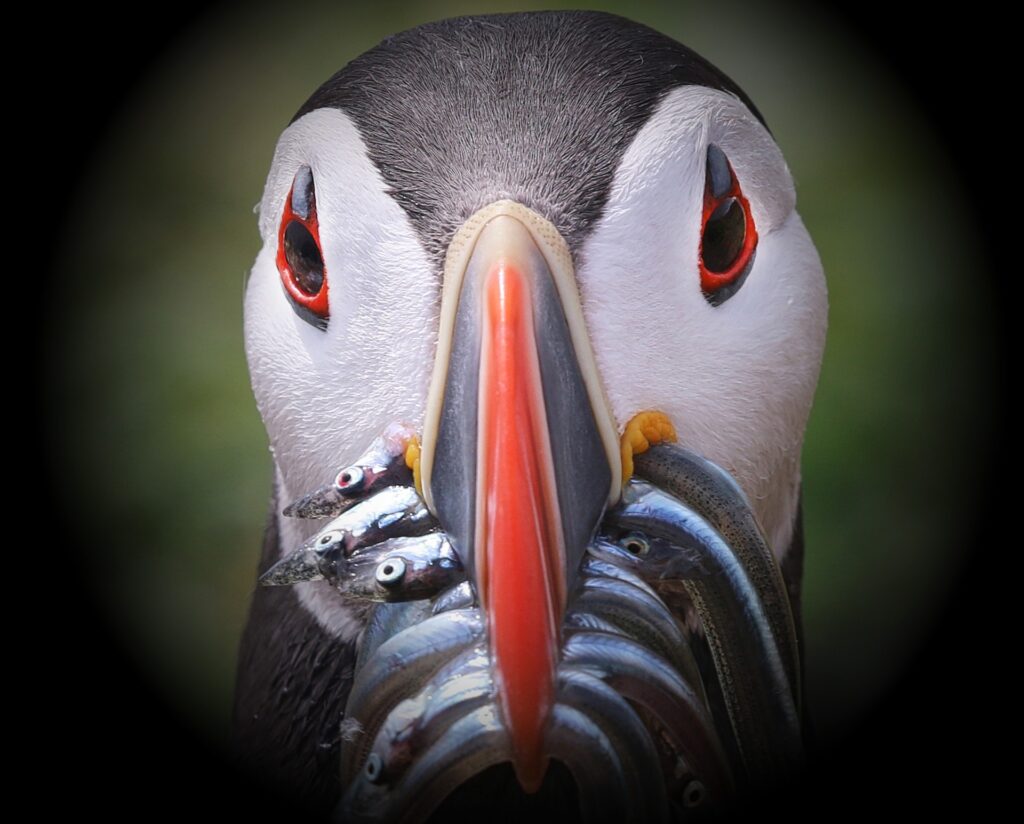Hunting Fear – Part 2
You can find part 1 of the hunting fear series here:
Reframing Techniques
The Delusion of Permanence
“When we experience confusion, we simply need to zoom out.”
-Ramsey Bond
I have opened with this quote as it is the core of how we can reframe our fears.
If fear fundamentally stems from possible loss, we must question; what is it I have that I can actually lose?… Is any of this really mine? What do I actually fully control and own? Are things really just emergent constructs of my mind that will exist only temporarily during my lifespan?
We humans easily forget our own mortality and as such the perspective that on the whole scale of time, our physical lifetimes are infinitesimal.
When faced with fear and overwhelmed with our emotions, the human tendency is to think that our map is the territory; or in other words, for us to think that our perception is the totality of reality.
Practicing taking a mindful pause, where you zoom out and consider our existence within a cosmic scale, will afford you a different perspective, broadening your perception and allowing a reframing of your fears.
Stoically Indifferent
Now I am a fan of stoic philosophy due to its simplicity and practicality of application. One concept from the stoics is the system of indifferents. This system when understood and applied massively reduces the scope of what we have to fear.
To be clear, this is not a suggestion to become indifferent to your potential loss of life, but instead to create a clear separation in your own mind as to what contributes to your happiness/contentment and what (if you are really honest with yourself) is just really a nice to have.
If it is a nice to have, you can live without it.
I’ll try and explain the system concisely:
Our happiness is determined by our perception of our own behaviour. If we act with virtue (good), the we will be happy. Stoics define virtues as Wisdom, Courage, Justice and Temperance. If our actions align with vices (bad), we will lose respect for ourselves and become unhappy. Stoics define vices as Foolishness, Cowardice, Injustice and Intemperance.
Everything else we are indifferent to because it cannot truly affect our happiness.
Indifferent is not just one for all though. Yes, fundamentally we are indifferent, but we have preferred indifferents and dispreferred indifferents – this is a sliding scale too.
For example:
- Good reputation vs bad reputation – we cannot control our reputation so ae indifferent to it, but would prefer a good reputation over a bad one.
- Poverty vs wealth – You can prefer wealth over poverty, but fundamentally neither is going to contribute to you making choices to behave with virtue.
- Health vs illness – We all would prefer to be healthy, but we can be virtuous even if we are ill.
- Traffic on the way to an average day at work – We would rather get to work on time, but if we zoom out, on the scale of events in our life, it does not really matter.
- Someone has taken our favourite cup in the office – A dispreferred indifferent; but I can live with it😊
Hopefully with these examples you can see how the concept can be applied at both the macro and micro scales. Once we have an understanding of what really contributes to our happiness, and can accept what we can and cannot control, we are then able to structure our thought processes to marginalise the things that would previously have given rise to fear.
Something you once feared becomes something your would disprefer to happen, but regardless are indifferent to.
Benefits and Practical Applications
Hunting fear is about unlocking the possibility of you discovering and embodying your full potential. Learning to be honest with ourselves about what we fear is the essential first step to us identifying our growth areas and strengths.
When we hide our fears, we are no longer in full conscious control of our behaviours, we allow our Ego to make assumptions and fear driven predications of the future which then drive what we do. Hunting our fear is about short circuiting this pattern and taking full responsibility for the choices we make and the actions we take.
Self esteem sits at the core of a healthy psyche. Self esteem stems from us having confidence in our ability to deal with what life throws at us. Being able to deal with what life throws at us means having an optimal mindset where we embrace challenges and take responsibility for the outcomes. Hunting fear creates this optimal mindset because it promotes self-empathy and understanding of how to best support ourselves to learn and grown.
So, while this tool is all about looking inside yourself, what this does give you is the opportunity to practice self-kindness and empathy.
You cannot give what you have not got.
…and once you can give this to your self, you then have the option to give this to others. Deeping you social connections with other humans.
This is a simple tool, but not simplistic. The true benefits may be very personal to you, and in reality, you can apply this to every aspect of your life.
Start the hunt now, and redefine your map of the territory.

Enjoy, for now.

